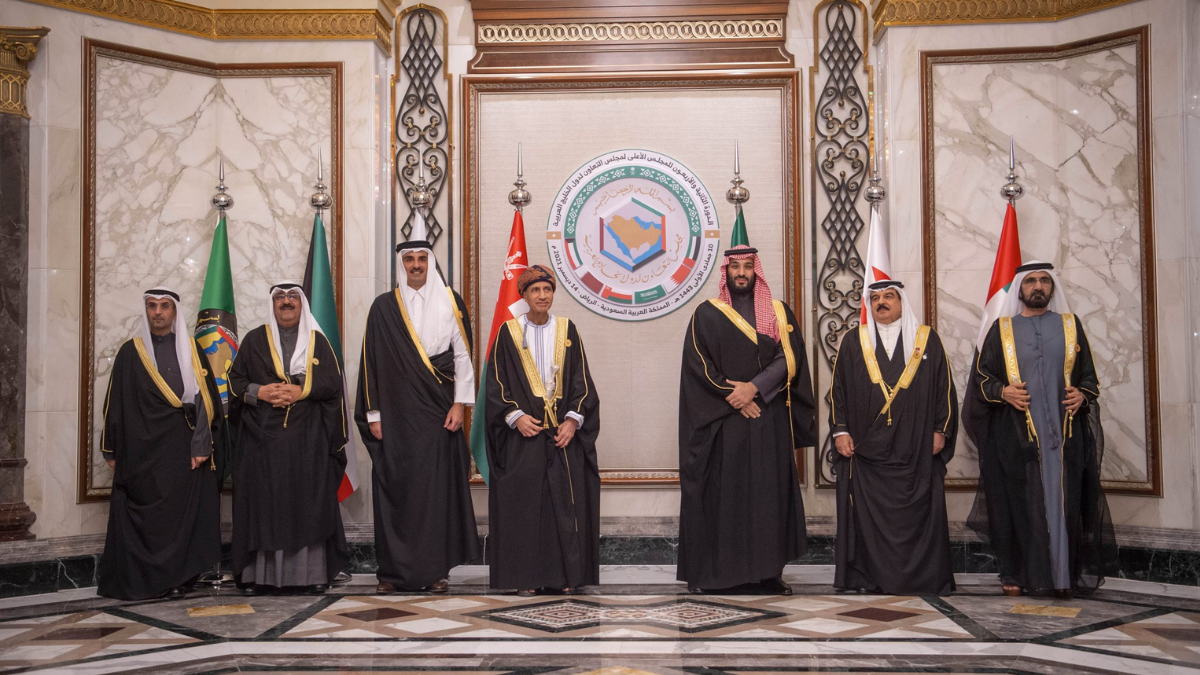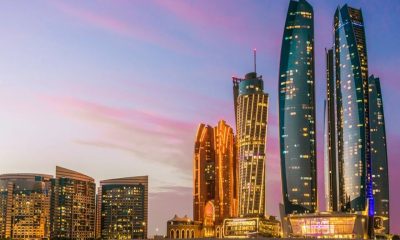The Persian Gulf region has reached a critical juncture, transcending the stage of ordinary conversation and foreshadowing new developments. This essay investigates the region’s changing dynamics, examines the ramifications of this shift, and discusses the probable results for regional stability and collaboration.
Recent developments in the Persian Gulf region show a shift away from the previous reliance on discussion alone. Countries in the region have begun to take actual efforts toward tighter cooperation, strategic alliances, and collaboratively solving common concerns.
This trend indicates a rising appreciation of the importance of concrete actions and mutual understanding in dealing with complicated regional concerns.
Moving beyond discussion has positive consequences for regional stability. Countries in the Persian Gulf region hope to develop diplomatic connections, create confidence, and prevent future tensions by actively engaging in cooperative activities.
This move may aid in the reduction of tensions, the creation of a more secure environment, and the promotion of a sense of collective responsibility among regional actors.
Improving economic cooperation is a crucial part of the shifting dynamics in the Persian Gulf region. Through initiatives such as trade alliances, investment collaborations, and joint ventures, countries in the region acknowledge the potential for economic integration and mutual prosperity. They hope to open up new pathways of economic growth and diversification by utilizing their individual skills and resources.
Addressing security concerns is another important component of the developing dynamics in the Persian Gulf region. Countries are increasingly recognizing the need of coordinated security actions to preserve common interests and ensure regional stability. Collaborative measures include intelligence sharing, cooperative military exercises, and counter-terrorism plans, all of which demonstrate a shared commitment to regional security.
ALSO READ: Following days of interrogation, BBC journalists abducted in Libya released on diplomatic pressure
The move beyond conversation also indicates a rising acceptance of regional multilateralism. Countries in the Persian Gulf region are looking at organized interaction structures, such as regional organizations and frameworks, to address shared challenges collectively.
They hope to build a sense of regional identity, increase inclusivity, and improve decision-making processes on crucial regional issues through enhancing multilateral relationships.
While the shift in dynamics creates new opportunities, it also creates new obstacles. Historical rivalries, geographical difficulties, and divergent interests among regional countries may obstruct closer cooperation. The awareness of shared issues, the need for stability, and the potential benefits of cooperation, on the other hand, provide a firm platform for overcoming these obstacles.














